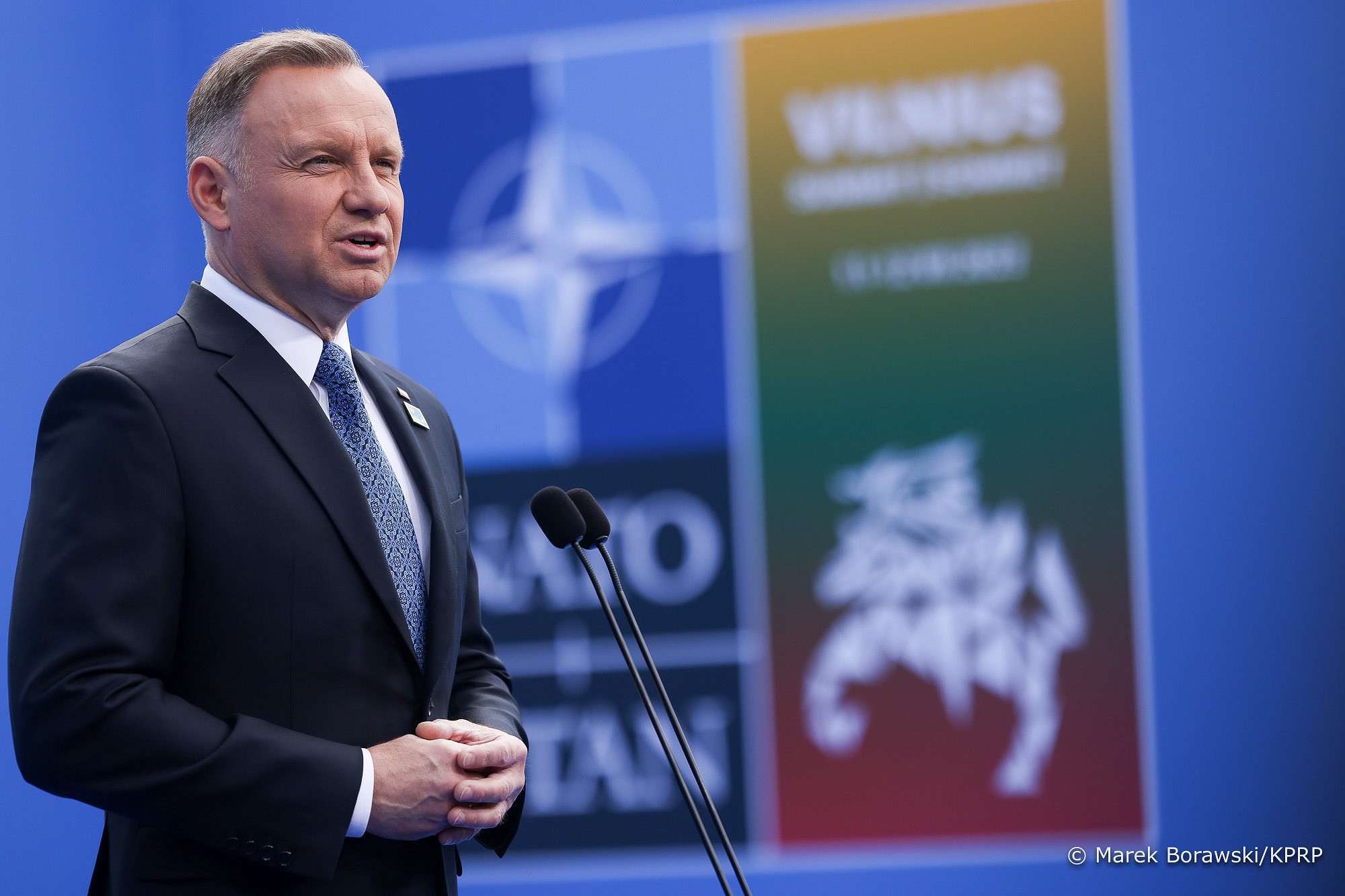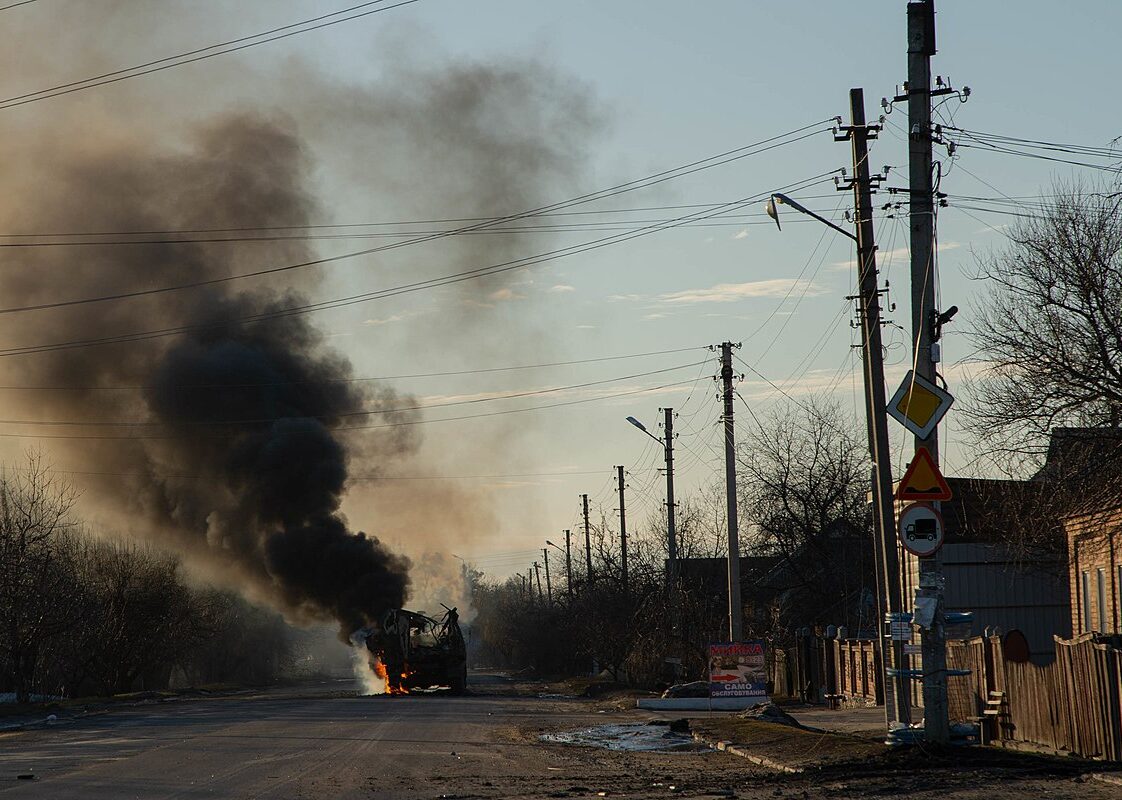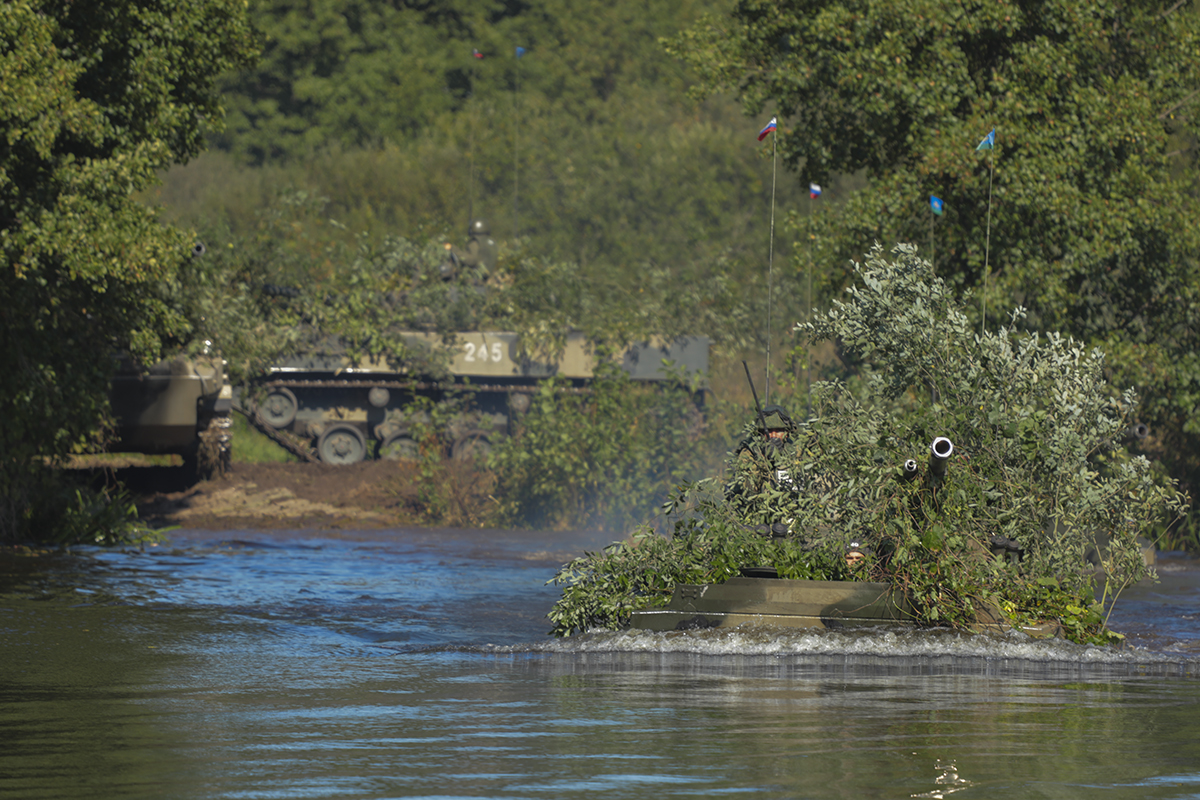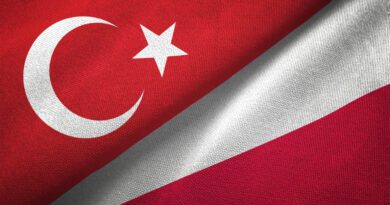Disappointment for Poland in Vilnius: There will be no “new NATO”

Washington does not want any “new axis” for the alliance. However, it wants to maximize the defensive efforts of European countries, particularly Germany, and to force them to take over responsibility for the eastern flank.
Robert Kuraszkiewicz
The NATO summit held in Vilnius on July 11–12 was in many respects a historic meeting. It is therefore worthwhile to analyze the course it took, and not only in terms of the decisions taken. From Vilnius, we can make out the outline of a new security order on a global scale. An analysis of the summit is presented in an article by Marek Jurek titled “NATO – the first summit after Zeitenwende.”
In discussing the outcomes of the summit, let us begin with those that are favorable to Poland. Poland has always emphasized NATO’s military and defensive character. We have viewed the softening and wilting of the alliance with concern. In this context, we should underline some very positive decisions that result from the change in concept for the defense of NATO countries. Detailed operational plans have been drawn up for three theaters of operations (North and Arctic, East, South), and the size of NATO’s operational forces has been increased to 300,000. In a formal and political sense these are the most important decisions, and they are very good news for Poland, as they confirm the alliance’s readiness to defend its borders. They also represent a change of concept – from “deterrence by punishment” to the defense of all of the alliance’s borders, namely “deterrence by denial.”
This is a very important and lasting change. In this sense, the results of the Vilnius summit are undoubtedly historic, and we need to acknowledge and appreciate this. The importance of the alliance is also confirmed by several other decisions of lesser significance, such as the creation of a Maritime Center for the Security of Critical Undersea Infrastructure, as well as new initiatives relating to digital security and hybrid threats.
All of these initiatives strengthen the defensive and real importance of NATO to its members. NATO’s character is changing, in a direction that goes a long way to satisfying Polish demands, and thus continues to provide the best guarantee of Poland’s security. We should note, however, that all of these decisions need to be filled out with details, and above all require increased spending on defense policy by European countries.
THE UKRAINIAN QUESTION
A separate issue is the question of Ukraine. A decision on inviting that country to join NATO has been postponed. This is because the United States does not wish to give up full strategic control over the means of ending the war and over peace negotiations with Russia, which must come sooner or later. It also wants to retain influence over internal changes in the Ukrainian state, which are viewed as necessary by both Washington and Berlin. It is not the goal of the U.S. to enable Ukraine to recover all of its internationally recognized territory, within the 2014 borders. Here lies a clear difference between American and Ukrainian objectives. Washington is waiting for a change in Moscow’s position with the aim of sitting down to peace talks, and its policy will not be limited to simply supporting Ukraine. One reason is that it fears the disintegration of Russia.
The shortening of Ukraine’s road to NATO through the discarding of the Membership Action Plan (MAP) means nothing, because the most important factors are the political decisions related to the ending of the war, and there will still be ample opportunity to reshape and prolong the process of Ukraine’s entry into the alliance. The situation is similar with the NATO–Ukraine Council. These are sweeteners intended to allow the Ukrainians to accept the outcomes of the summit more positively. The decisions taken at the meeting led to nerves in the Ukrainian camp, and for a time President Zelensky did not hide his irritation, because those decisions weaken his political position. He was shown his place, as well as the scale of his dependence on Washington’s decisions.

The fact that the NATO summit was attended by the president of South Korea and the prime ministers of Japan, Australia, and New Zealand underlines the United States’ global view of the alliance. The concept for the course of the summit was the subject of prior consultation with the most important NATO members, and was agreed with Germany. It is clear that a decision-making arrangement has been formed based on full German–American cooperation. The guarantees given by the G7 group show that this not entirely formal entity is, and will continue to be for the near future, the place where the political decisions of greatest importance to the West are made. These are not real security guarantees, but constitute a political declaration of financial and military support for Ukraine in the coming years.
A LESSON IN REALISM
The Vilnius summit should be seen by the Poles as a major lesson in political realism. Warsaw played no significant role in the taking of the most important decisions, although it must be conceded that the summit’s outcomes in terms of changes in defensive doctrine are in line with our interests. Especially when we consider that, with the acceptance of Finland and Sweden’s membership, the Baltic will become a NATO internal sea. In spite of this, the Vilnius summit showed Poland where it stands. The war has not enabled Poland to gain any particular political position or special relations with the United States.
This is best demonstrated by the American attitude to the question of Polish participation in the nuclear sharing program. When in a moment of desperation prime minister Mateusz Morawiecki spoke publicly of Poland’s expectations in that regard, messages went out from the White House denying knowledge of any discussions on the subject. Ahead of the summit, President Andrzej Duda had made it known that Poland had no egotistical demands, and that its goal was to enable Ukraine to join the alliance. It transpired during the summit that Warsaw had no power at all to shape the big powers’ policy in that matter, and in addition was giving up any expectations it had toward Kyiv. Contrary to all the official heroics, Poland’s policy can be described as swimming with the tide. We are lucky that the course of events is generally favorable to Poland, but in the alliance’s internal relations, Warsaw’s position has not been strengthened – in spite of its geographical position, its commitment, and the risk it has undertaken.
There will be no “new NATO” based on a Kyiv–Warsaw–Washington axis, and certainly not on a Warsaw–Washington axis. For Washington, Europe – and especially our part of it – is no longer the most important point on the map. The axis of global confrontation has moved from the Atlantic to the Pacific. As a result, the Americans are no longer in a position to be the guarantor of security in Europe, and they need a partner to take on greater responsibility for that security. Events at the summit show unambiguously that for the Americans, that partner is Germany.
Marek Jurek rightly devotes a sizable part of his analysis to that country. The Germans built their economic power relying on cooperation with Russia, and they also saw that as an alternative to their transatlantic obligations. The fundamental question is how far the war in Ukraine has changed that arrangement, and whether there is a danger of a return to the previous status quo when the war ends. I believe that the German change of course is a permanent process, and it in no way results from a policy of solidarity with the countries of Central and Eastern Europe. Through his mistaken policy, Putin has taken Russia out of Europe, and has himself destroyed the foundations of German–Russian cooperation. Germany will not now go back to being dependent on Russian gas. The fossil fuels that Russia has to offer will not be needed in the economy of the future.
A THREAT TO THE EU
However, another trend is visible. The destabilization of Central and Eastern Europe strikes at the European project, that is, the European Union. Apart from the belligerents – Ukraine and Russia – it is the EU that is incurring the greatest costs of the war. Germany’s interest now is to ensure stabilization in that part of Europe, and to use the processes of integration of Ukraine and Moldova with the EU to change the decision-making mechanisms within the Union. This process will be supported by the countries of the region, which in the anti-Russian context see European integration as an additional security guarantee. Germany will also be supported by the United States, which wants to offload responsibility for European security. A well-armed Germany, acting to integrate the countries of Central and Eastern Europe, is expected to be a regional partner for the Americans. In German eyes, the greatest threat today to the success of the European project is the aggressive policy of Russia and the resulting destabilization of Eastern Europe, which is having a negative effect on the economic situation of the whole of the EU. This is particularly painful at a time when new relations are being formed in the world economy. It is for this reason that Germany is engaging in supporting Ukraine.
It is quite clear that Washington has no desire for a “new axis” for the alliance. However, it wants to maximize the defensive efforts of European countries, especially Germany, and to force them to take over responsibility for the eastern flank. In this context, the Zeitenwende is supported by the United States. Ukraine’s turn toward the West can also be a part of this. Germany has taken up the gauntlet, and wants to play the leading role, alongside the Americans, in shaping the political order in the new Europe. A “new NATO” may mean committing the entire alliance in the Indo-Pacific region, rather than creating a new anti-Russian or even anti-German axis in Eastern Europe, and Germany is well aware of that fact. I do not get the impression that there is a similar state of awareness in Poland.
The writer is a member of the Program Council of Nowa Konfederacja, and author of the book “The World in the Shadow of War.”
This article was published in July 2023 in Do Rzeczy magazine.




